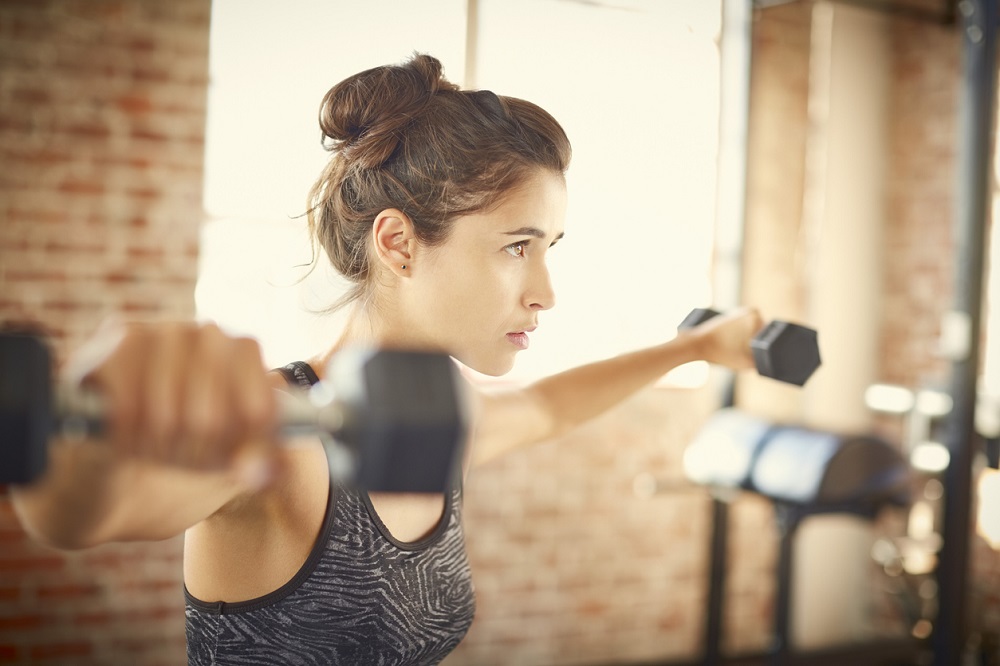Suzanne Lazaroo
16 March 2021: Translating her latest study into real world empowerment, a University of Canberra researcher is helping to empower survivors of domestic and family violence via a strength training program.
Erin Kelly, an Associate Lecturer in Anatomy and Physiology with the University’s Faculty of Health, is leading the research project which sees 10 survivors training three times a week, attending powerlifting and strength training sessions in two 10-week blocks.
The training sessions are tailored to the individual participants, with Ms Kelly working with two certified trainers.
The current session will conclude in April, with another 10 survivors then coming onboard to start the program, which is a collaboration with the Domestic Violence Crisis Service (DVCS).
The project has been funded by a $10,000 Mental Health and Wellbeing Innovation Grants Program (MHWIGP) grant.
“The grant was focused on addressing mental health and wellbeing issues arising in the face of the COVID-19 pandemic – in this time, increased rates of domestic violence have been reported, for both repeat and first-time occurrences,” Ms Kelly said.
According to Ms Kelly, the empowering classes help greatly with building and rebuilding self-esteem and confidence, which are often shattered as a result of domestic abuse.

The project grew out of an initial 2019 study Ms Kelly conducted as part of her PhD research, for which she interviewed female powerlifters.
“From my initial conversations with them, similar stories kept emerging – of abuse, empowerment and building from trauma,” she said.
Ms Kelly was interested in exploring the role of strength training in trauma recovery, the focus of her current project. She also wanted to investigate the factors behind women getting into such sports in the first place.
“It’s quite an unexplored research area, because it can be hard for women to get into sports like strength training, that go against gender norms – but there isn’t a lot of research about what facilitates and empowers them to do so,” she said.
The project also deeply personal roots – Ms Kelly is both a powerlifter herself, and a survivor of domestic abuse.
“I experienced violence in a previous relationship,” she said. “When I got out of that, I also got into strength training – and found that it helped me heal.”
“I like strength training because it is a form of physical activity which is less focused on appearance, and more on substance – It is about building strength, rather than fitting a socially-dictated body ideal.”


